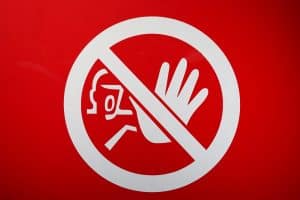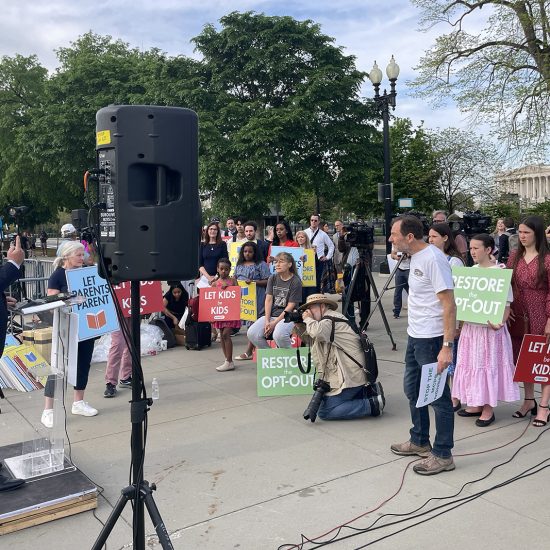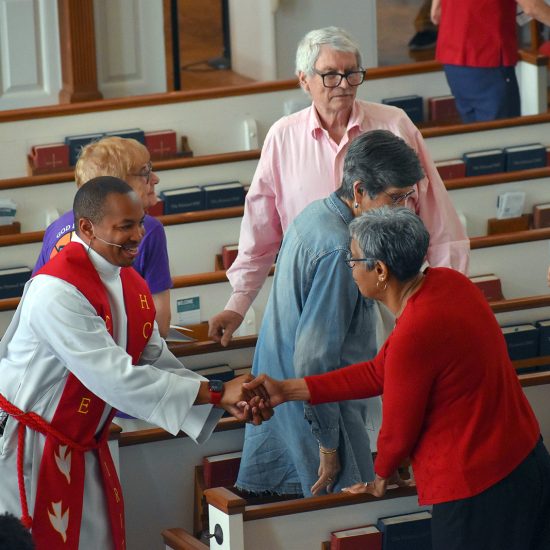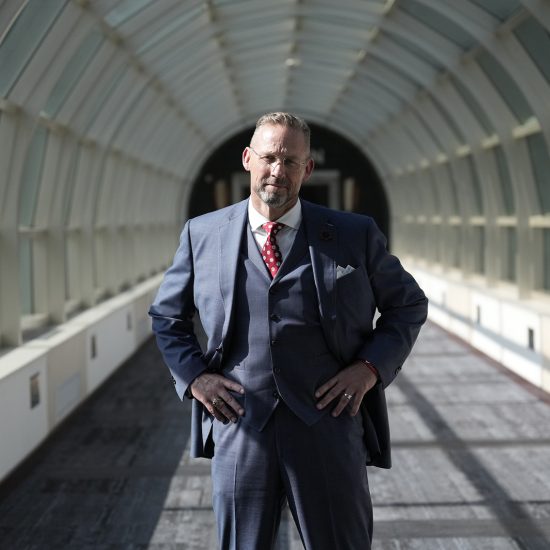Over the past few years, some Christians have reduced the concept of religious liberty to merely serve as a counter-value to the rights of LGBTQ persons. This misinterpretation of what religious liberty actually means hurts the historic freedom to practice our faith. Religious liberty for all is a shield, not a sword.

Brian Kaylor
But the rhetoric of those who falsely cry “religious liberty” to establish their own religious doctrines has led to an increase in support for small business owners refusing to serve people based on religious objections. And it’s not just gay or lesbian people now targeted.
Research released last month by the Public Religion Research Institute found the number of Americans who believe small business owners should be allowed to refuse service to LGBTQ persons essentially doubled from 16 percent in 2014 to 30 percent in 2019. Support for discrimination against other groups also rose over the past five years. Those who say service could be denied to atheists jumped from 15 percent to 24 percent. Those believing service could be denied to Jews increased from 12 percent to 19 percent. Those agreeing service could be denied to African-Americans rose from 10 percent to 15 percent. And 22 percent say service could be denied to Muslims, though that was not asked in 2014 for a comparable number.
What is going on? Why are more Americans believing it should be okay for small business owners to invoke religious beliefs to deny service to atheists, Jews, and African-Americans? It seems this is the natural result of Christians who, in the name of “religious liberty,” have urged for the right to deny service to LGBTQ persons.
With many conservative and fundamentalist Christian groups arguing in the Supreme Court, news interviews, sermons, and pretty much wherever they could find an audience that their faith demands they have the right to not bake a cake or not provide some other service to a same-sex couple, they have made the case for denying service to others like Jews and African-Americans. After all, if it’s okay to deny service to one group, then why not another?

Image by Bernd Marczak from Berlin from Pixabay
And that’s the problem with those who have argued for the right to deny service to LGBTQ persons. By rising the tide of intolerance, they have lifted all bigoted boats.
Take for instance, the argument by Andrew Walker of the Southern Baptist Convention’s Ethics & Religious Liberty Commission. He claimed it’s okay for businesses to deny service to same-sex couples but not to deny interracial couples because “the Bible doesn’t prohibit interracial marriages” and because “interracial couples form real marriages.” That argument is a lot of things, but it is not grounded on religious liberty.
What Walker wants is for the government to establish his religious belief by supporting the marriages he supports and condemning those he opposes. He wants the government to pick winners and losers when it comes to religion by declaring his reading of the Bible to be legitimate and others to be wrong. True religious liberty means we either allow all religious objections or we allow none.
Interestingly, despite the attempts by Walker, the ERLC, and others to claim they’re not for allowing people to deny service to African-Americans, their rhetoric has still apparently led to a rise in support for allowing racist and anti-Semitic discrimination in the marketplace. Perhaps Americans recognize the hypocrisy of the only-refuse-gays logic.
In this time of rising intolerance in our nation and around the globe, it’s time for Christians to set a higher standard, to speak out for the inherent dignity of all persons, to condemn discrimination against anyone, and to love our neighbors as ourselves.
Brian Kaylor is editor and president of Word&Way.






